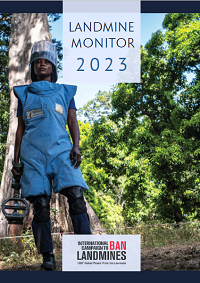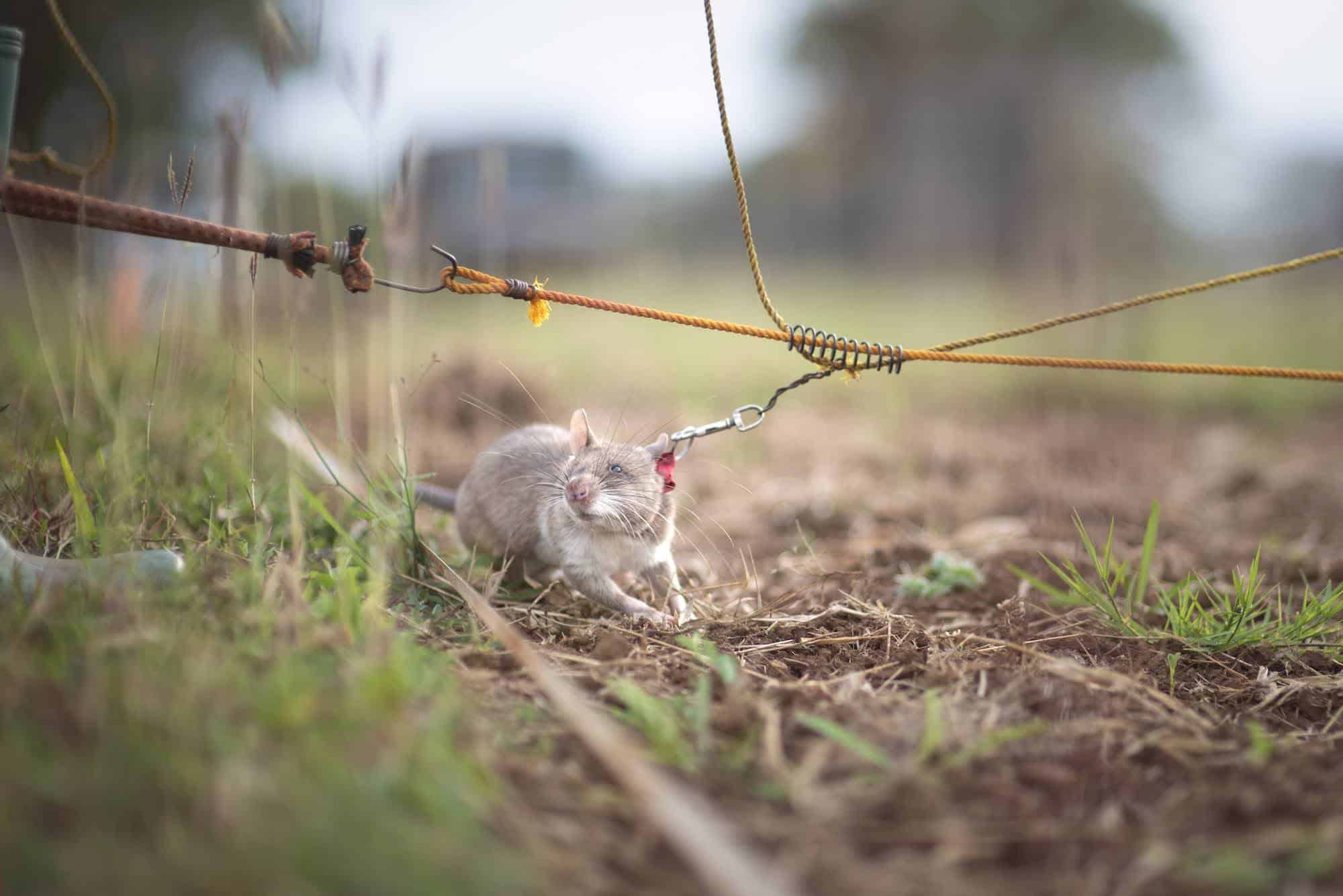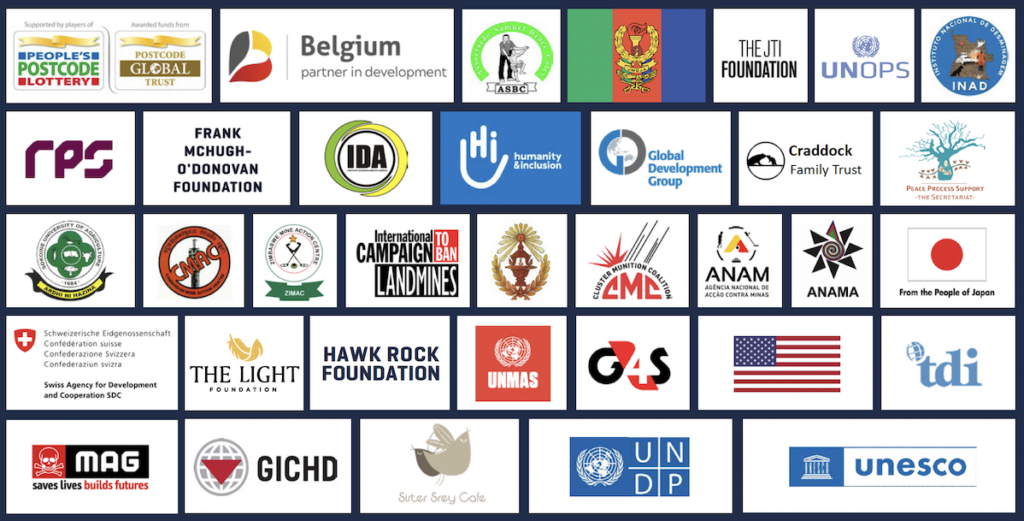Global Landmine Crisis
In the wake of the International Campaign to Ban Landmines (ICBL) releasing its Landmine Monitor 2023 report, APOPO finds itself confronted with a stark reality — a surge in civilian casualties due to new uses of antipersonnel landmines. The report, released on November 14, 2023, highlights a concerning rise in casualties caused by these lethal weapons, emphasizing the imperative to uphold the Mine Ban Treaty.
The Mine Ban Treaty, established in 1997, stands as a beacon for global efforts to eliminate antipersonnel mines, prohibiting their use, stockpiling, production, and transfer. Currently embraced by 164 States Parties, the treaty embodies a collective commitment to creating a world free from the devastating impact of these indiscriminate weapons. Also known as the Ottawa Treaty, it was drafted in 1997 and offered to all nations for signing. Today, the treaty has 164 signatories, representing 80% of the world’s governments, making it one of the world’s most widely accepted international agreements. No new countries have joined in the past five years.
The Landmine Monitor 2023 report reveals a troubling situation, with 4,710 people falling victim to landmines and explosive remnants of war in 2022 across 51 countries. Of these casualties, 85% were civilians, including 1,171 children. Syria and Ukraine witnessed the highest numbers of casualties, with a ten-fold increase recorded in Ukraine amidst the ongoing conflict.
A significant challenge highlighted in the report is the new use of antipersonnel landmines by states like Myanmar and Russia, as well as non-state armed groups in various regions. This disregard for international norms accentuates the urgency of global cooperation to eradicate landmines and protect vulnerable communities.

The Role of Mine Action
APOPO recognizes the critical role played by Mine Action in achieving a mine-free world. Despite the challenges, the report underscores a determination to address the crisis, with 60 countries still grappling with antipersonnel landmine contamination. APOPO acknowledges the severity of the situation in countries like Afghanistan, Bosnia and Herzegovina (BiH), Cambodia, Croatia, Ethiopia, Iraq, Türkiye, and Ukraine – the States Parties with the highest level of contamination, having reported more than 100km² of contaminated land in 2022.
In 2022, mine-affected countries continued to clear contaminated land, collectively clearing 219.31 km² and destroying 169,276 antipersonnel landmines. Almost 60% of the land cleared in 2022 was cleared in just two countries: Cambodia and Croatia. APOPO takes great pride in contributing to the demining efforts in countries like Cambodia, playing a significant role in the overall clearance achievements of the country. APOPO’s dedication to demining efforts has made a meaningful impact on the numbers reported, further highlighting APOPO’s commitment to creating safer, mine-free environments.
An Increase in Funding
While progress is evident with 30 States Parties reporting the clearance of all mined areas since 1999, the report underscores persistent challenges. Healthcare and rehabilitation services remain underfunded, hindering comprehensive support for mine victims. The ICBL report commends the 52% increase in global mine action funding in 2022, yet emphasizes the need for equitable distribution, especially in States Parties with smaller mine contamination.
APOPO Mine Action
The core of APOPO Mine Action revolves around the crucial task of clearing landmines and other explosive devices, safeguarding communities and their livelihoods from these dangerous weapons. Recognizing the demanding nature of this work, APOPO not only engages in demining activities but also undertakes the responsibility of educating vulnerable communities about the inherent risks posed by explosives. This proactive approach aims to keep communities safe while the intricate process of minefield clearance unfolds. Additionally, wherever feasible, APOPO extends support to victims, emphasizing a holistic commitment to the well-being of affected individuals.

Innovative solutions lie at the heart of APOPO’s demining strategy, incorporating detection animals into traditional methods. This integration enhances the efficiency of landmine and explosive clearance efforts. Throughout 2022, APOPO sustained its demining endeavors in Cambodia, Angola, and Zimbabwe. Moreover, the organization extended its reach by deploying detection animals to collaborate with partners in Azerbaijan, Senegal, South Sudan, and Turkey.
As APOPO reflects on the findings of the Landmine Monitor 2023 report, it recognizes the crucial role it plays in the larger landscape of mine action. The organization remains committed to its mission to protect people and wildlife, leveraging its expertise and innovative approaches using trained scent detection animals to contribute to the global efforts aimed at achieving a world free from the devastating impact of landmines.
We are deeply grateful to all the partners and donors who generously support APOPO Mine Action.



